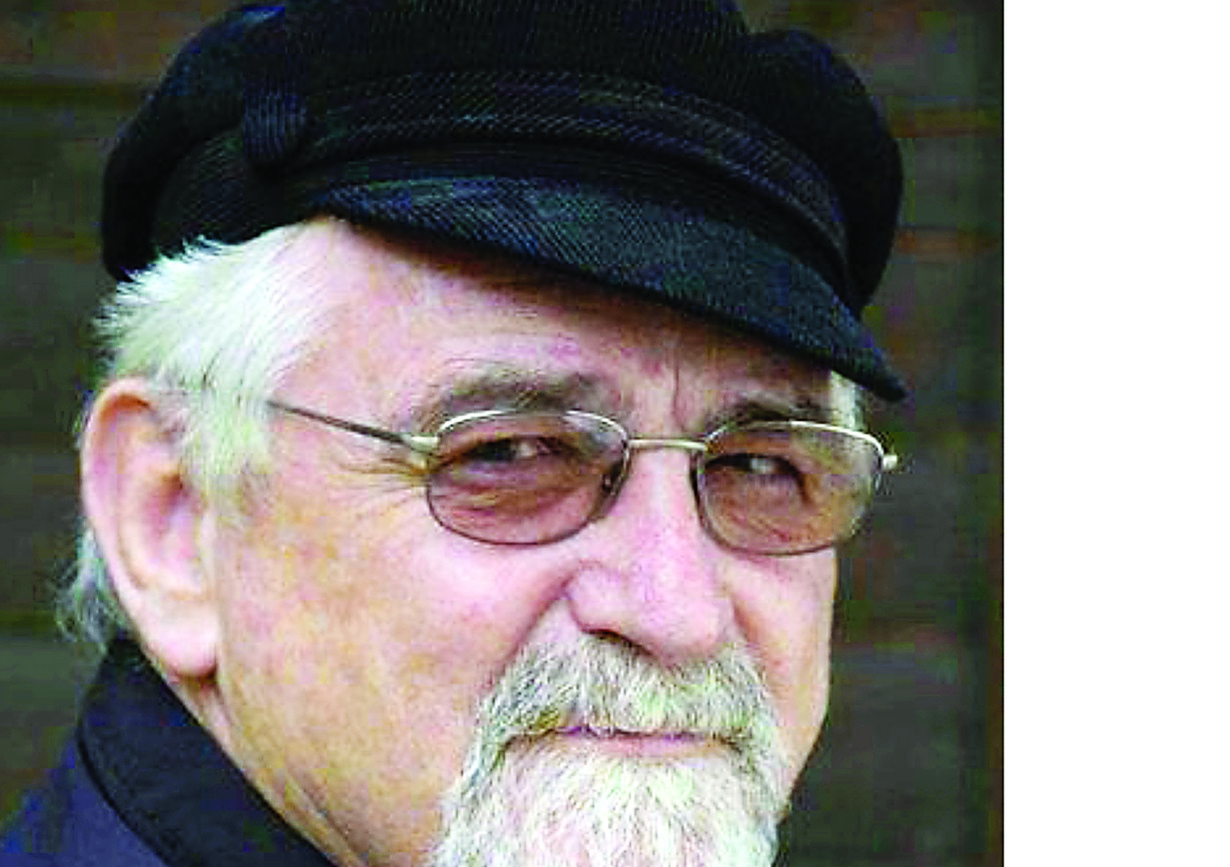
My Inside Labour column last week, “Ministers rake it in as nurses struggle” (City Press, May 17 2015), which compared the pay and working conditions of nurses and teachers to those of Cabinet ministers and MPs, seems to have touched a raw nerve. And mainly among national and local government employees, who I did not mention.
One of the first questions posed was: Would you risk your life on a regular basis, often working unsociable hours, for as little as R8 000 a month? Or, after years of training and hard work, would you do the same dangerous job for an average of R15 000 a month?
The question came in the wake of the news that two firefighters, Dan Zwane and Michael Letsosa, died battling a blaze in a smoke-filled basement in Joburg last Sunday.
A union representative pointed out that after one year of intensive training, physically fit men and women enter the service on a pay scale equal to roughly R8 000 a month. Even though they are still regarded as being “in training”, they are expected to carry out the same duties as experienced men and women for whom the average pay is R15 000.
In drawn-out negotiations at the local government bargaining council, firefighters and other municipal employees have been offered a 5.4% pay rise and a three-year deal that has been rejected by the unions. A third round of talks starts on Tuesday.
In the meantime, national government employees, including paramedics, have settled for an effective 7% pay increase in a three-year deal that will be linked to the consumer price index, plus 1% in the second and third years. However, the issue of housing allowances remains in contention.
The agreement is also unlikely to placate a number of lower-paid workers, among them paramedics. They complain not only about low wages, but about a lack of equipment and vehicles. Reports reaching the unions are that in some areas, only a third of the required ambulances are available.
A common complaint is also about staff shortages. One paramedic station manager reported that poor conditions and pay of barely R7 000 a month is causing the exodus of trained personnel.
Firefighters have similar complaints about staff shortages and, in some areas, a lack of adequate equipment.
“One of the problems is that many of the older firefighters are nearing retirement and others are leaving the service,” said a fire-services negotiator with the SA Municipal Workers’ Union. As a result, it was necessary for members in areas such as the Western Cape to regularly work 48 hours of overtime every month.
Nurses are in a similar position, with the Democratic Nursing Organisation of SA admitting that many of its members often work double shifts to earn more money and because of the shortage of staff. In both cases, such overtime labour often plays havoc with the health and family lives of the workers.
The majority of these workers do not own a home – and they earn too much to qualify for state assistance, but too little to qualify for a bond. But their housing allowance is now R1 200 a month. And such allowances are not available to most low-paid workers outside the pubic service.
As the labour movement readily concedes, this is a major problem, and one felt even more acutely in poorer communities than the current electricity crisis. But perhaps some help is at hand.
Professor David Dewar of the University of Cape Town and architect Paul Andrew, for example, have produced a democratic, “bottom-up” housing policy. And, on the energy front, Sustainable Energy Africa has produced a detailed report on energy in our cities.
Both groups are keen for trade unionists and a wider audience to consider these documents. So I am prepared to forward – in PDF format – either or both of them to you. Send your requests to belnews@telkomsa.net




 Publications
Publications
 Partners
Partners








